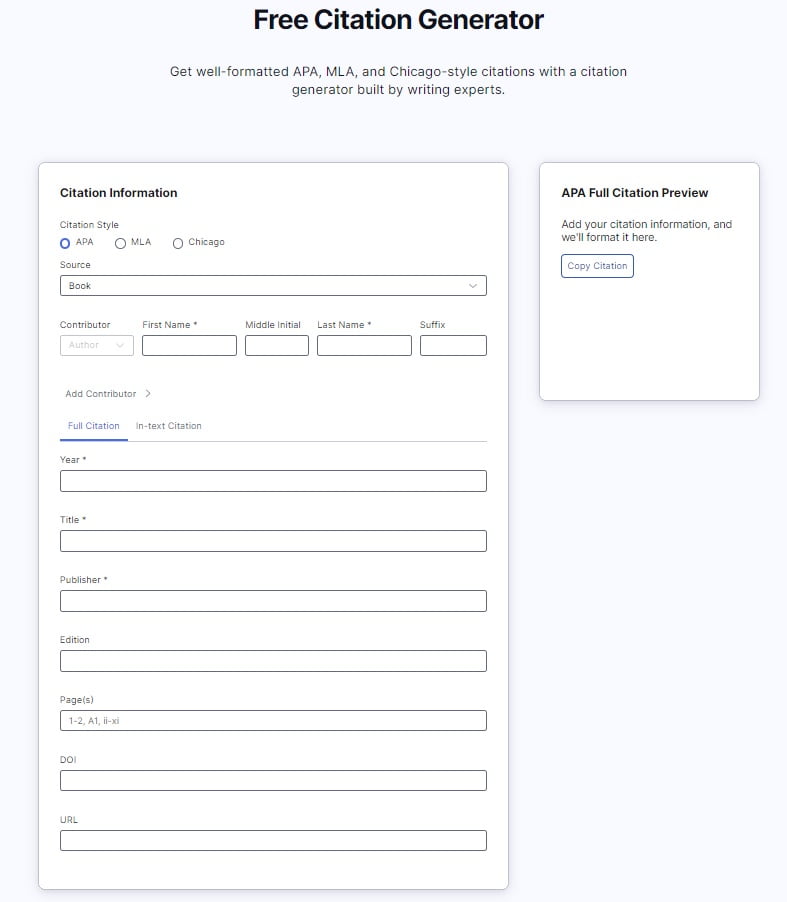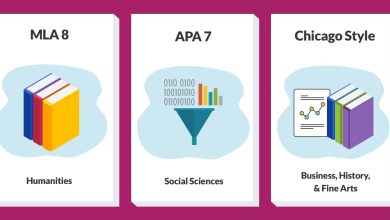
Citations in the MLA format are found on the works-cited page at the end of a research paper or project. The works-cited page contains all the sources used in a paper or project. They are listed in alphabetical order by the last name of the authors.
A MLA citation generator is a software program designed to help you create academic citations in the MLA format. Citations are used to give credit to the original author of a work. This helps to avoid plagiarism issues and ensure that the reader is able to locate the source. Using a citation generator can save you a lot of time and tedium, but you should still take care to avoid common mistakes. Make sure the citation generator you choose is correctly formatted and that you use it logically.
How to Cite A Source?

The Modern Language Association, or MLA, style guide provides guidelines for formatting your research papers. It is intended for the language and liberal arts fields. However, the format is versatile and applies to many other types of writing.
When citing a source, include the author’s first and last name. A middle name can be included if it is relevant. Additionally, a comma is placed between the last name and the first name. Parenthetical citations place a period between the author’s first and last names.
There are three basic ways to cite a source: An in-text citation, a parenthetical citation, and a full citation. You may include an in-text citation when you add a quote to your paper.
- In-text citations are short tidbits of information that you have borrowed from a source. The first word of the citation is usually the author’s name or the title of the source.
- A parenthetical citation is a more general term used to give credit to an idea that wasn’t yours.
- A full citation, on the other hand, includes all of the necessary information to help readers find the source. A full citation is typically placed at the end of your research project.
An in-text citation, however, is located in the body of your paper. You should include an in-text citation whenever you borrow information from a source.
It is crucial that you cite the correct edition, version, and medium. This is especially important for books and edited collections, where there may be more than one editor. Citing an incorrect edition or version can be misleading and can even cause plagiarism.
You will also need to cite the page numbers. Some styles require them on the start and end pages, while others do not. For example, a hardcover book might have different page numbers from a paperback book.
Moreover, minor differences between publications can change publication dates. Your citations should be complete, so you should always check to ensure all the necessary information is included. If not, a placeholder should be used.
What is the Best MLA Citation Generator?

MLA citation generators are helpful tools for writers who want to create citations quickly. They allow you to enter source information, and the program automatically generates a formatted MLA citation.
There are several citation generators on the market. Using one can be a time-saving and efficient method of creating citations. But remember that even a good citation generator can be inaccurate if you are not careful with the information you input.
Consider using an online citation generator if you have trouble formatting a citation. Some services, such as Citation Machine or Grammarly, will make it easy to generate an MLA citation for your papers. Especially Grammarly is believed to be the best in this department.





